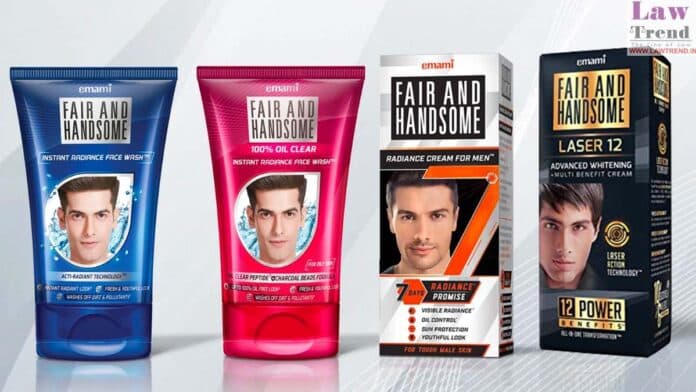In a landmark ruling, the District Consumer Disputes Redressal Commission (Central District), Delhi, has directed Emami Limited, the manufacturer of “Fair and Handsome” cream, to discontinue misleading advertisements and to pay ₹15.6 lakh in punitive damages and costs for unfair trade practices. The case (Complaint No. 53127/2013) was decided by a bench comprising Shri Inder
To Read More Please Subscribe to VIP Membership for Unlimited Access to All the Articles, Download Available Copies of Judgments/Order, Acess to Central/State Bare Acts, Advertisement Free Content, Access to More than 4000 Legal Drafts( Readymade Editable Formats of Suits, Petitions, Writs, Legal Notices, Divorce Petitions, 138 Notices, Bail Applications etc.) in Hindi and English.




